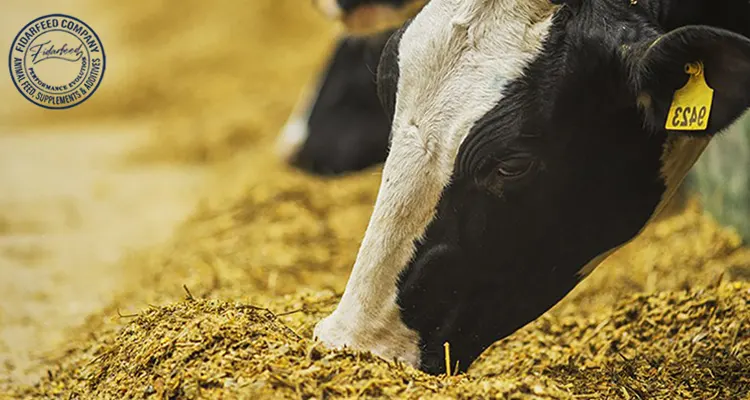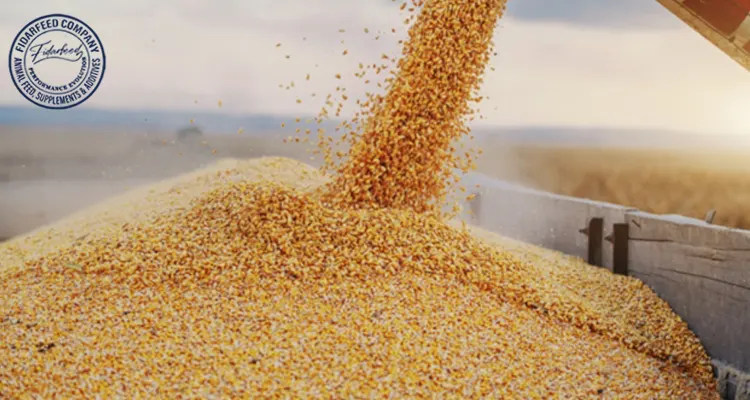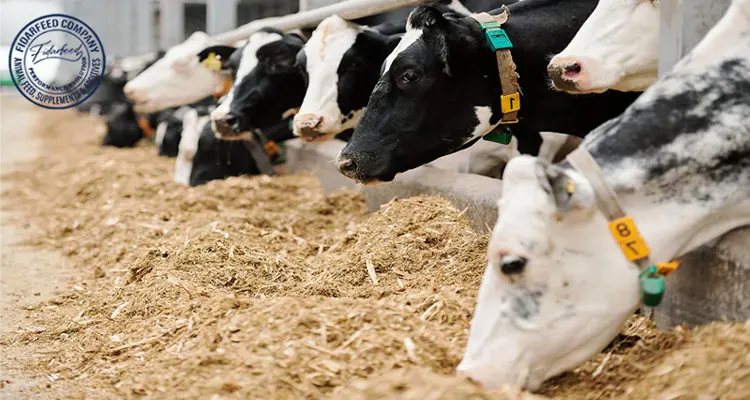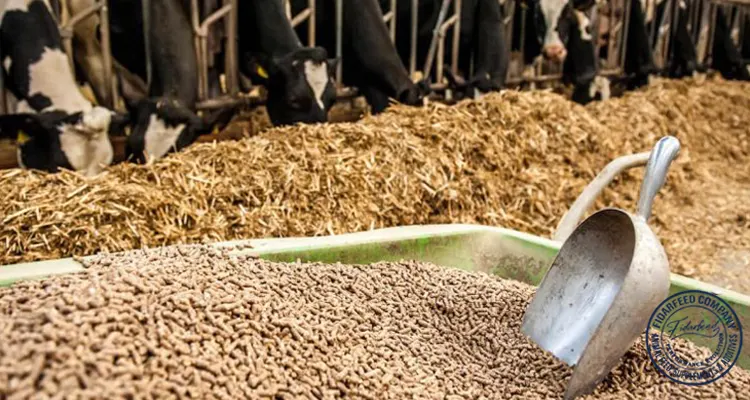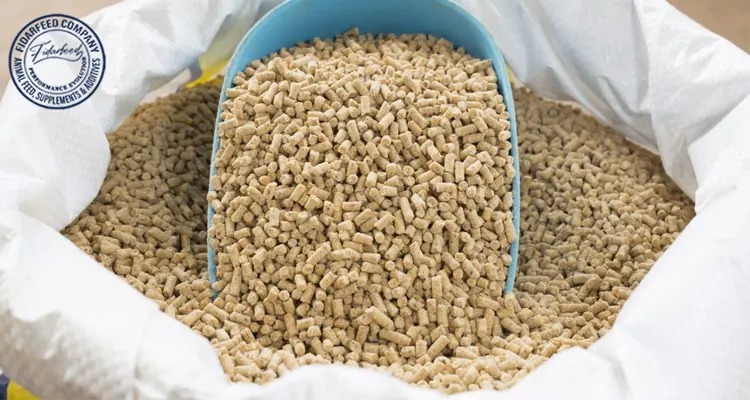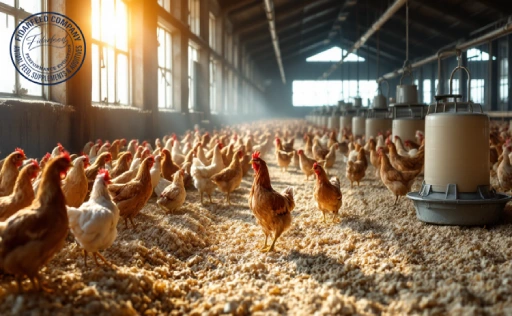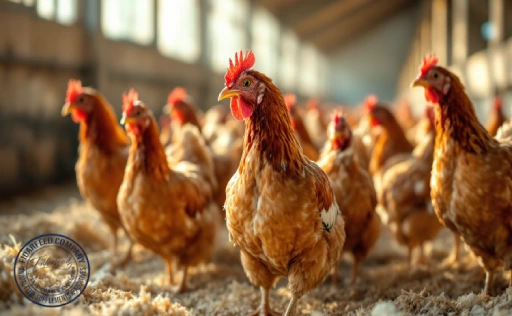Why Choosing the Right Animal Feed Supplier Matters
Animal Feed Supplier selection is a critical decision for breeders and livestock owners. The quality of feed directly affects animal health, growth, reproduction, and overall productivity. A trusted supplier ensures that the feed is nutritionally balanced, free from contaminants, and sourced from high-quality ingredients.
Poor-quality feed can lead to malnutrition, reduced weight gain, lower milk production, and even serious health issues. Additionally, unreliable suppliers can cause disruptions in your supply chain, leading to unexpected shortages. By choosing the right partner, you guarantee consistent access to high-quality feed that meets the dietary needs of your livestock, ultimately improving profitability and sustainability.
Key Factors to Consider When Selecting an Animal Feed Supplier
Finding a dependable supplier requires evaluating several critical aspects:
- Quality Assurance and Certifications: Look for suppliers with industry-standard certifications, such as GMP (Good Manufacturing Practice) or ISO (International Organization for Standardization) compliance. These certifications indicate adherence to stringent quality control measures.
- Ingredient Transparency: A reputable supplier provides clear information about the origin and composition of feed ingredients. Avoid suppliers who withhold ingredient details, as this may indicate low-quality or harmful additives.
Learn more about: TMR Silage Animal Feed
- Reliability and Supply Consistency: Frequent shortages or delays can disrupt your operations. Ensure that your supplier has a proven track record of consistent deliveries.
- Customization Options: Some livestock have specific dietary needs based on breed, age, and production goals. A good supplier offers tailored feed solutions to optimize animal performance.
- Customer Support and Expertise: A supplier with knowledgeable staff can offer valuable guidance on feed selection and usage, helping you achieve the best results.
Where to Find a Reliable Animal Feed Supplier
Finding a trustworthy feed supplier requires research and due diligence. Here are some effective ways to locate one:
- Industry Associations and Networks: Many livestock and agricultural associations maintain directories of certified feed suppliers. Joining these groups can connect you with reliable providers.
- Online Directories and Websites: Platforms like the Global Feed Directory, trade websites, and supplier marketplaces list verified feed manufacturers and distributors.
- Word of Mouth and Recommendations: Fellow breeders, farm owners, and industry professionals can provide firsthand insights into reliable suppliers.
Learn more about: Revolutionizing Animal Feed: Lowering Costs Through Upcycled Food Waste
- Trade Shows and Agricultural Expos: Events like livestock fairs and feed industry expos showcase reputable suppliers and allow you to evaluate their products in person.
- Local Feed Mills and Cooperatives: Many regions have established feed mills and cooperatives that supply high-quality, locally produced feed.
Questions to Ask Before Partnering with an Animal Feed Supplier
Before committing to a supplier, ask key questions to ensure they meet your requirements:
- What quality control measures do you follow? Understanding their testing procedures helps ensure feed safety.
- Can you provide nutritional analysis reports? Transparency in nutrition ensures that the feed meets the dietary needs of your animals.
- What is your sourcing policy? A responsible supplier should use sustainable and high-quality raw materials.
Learn more about: Top Factors to Consider When Choosing Animal Bulk Probiotic Suppliers
- Do you offer bulk discounts or long-term contracts? Cost efficiency is vital for managing expenses.
- How do you handle supply chain disruptions? Reliable suppliers have contingency plans to prevent shortages.
How to Evaluate the Feed Quality Before Making a Purchase
Not all feed is created equal, so evaluating its quality is essential before making a purchase:
- Check the Label: Review the feed composition, nutritional values, and additives. High-quality feed should list ingredients clearly and provide guaranteed analysis.
- Inspect the Feed’s Appearance and Smell: Fresh feed should have a uniform texture, pleasant aroma, and no signs of mold or contamination.
Learn more about: How Enzymes Enhance Protein Absorption from Alternative Animal Feeds
- Conduct Laboratory Testing: Periodic feed testing in independent labs can confirm nutrient content and detect any contaminants.
- Monitor Animal Response: Observe how animals react to the feed. A good-quality product should promote healthy weight gain, efficient digestion, and improved productivity.
Building a Long-Term Relationship with Your Animal Feed Supplier
Once you find a reliable supplier, fostering a strong partnership ensures long-term benefits. Here’s how to build a good relationship:
- Communicate Your Needs Clearly: Keep your supplier informed about changing feed requirements.
- Negotiate Long-Term Agreements: Securing a contract can provide price stability and priority supply during peak demand.
Learn more about: How to Find the Best Bulk Feed Suppliers for Your Needs
- Provide Feedback: Sharing insights about feed performance helps the supplier improve their offerings.
- Stay Updated on Industry Trends: Collaborate with your supplier to explore new feed innovations that may benefit your livestock.
Common Mistakes to Avoid When Choosing an Animal Feed Supplier
Selecting the wrong supplier can be costly and detrimental to your animals’ health. Avoid these common pitfalls:
- Prioritizing Price Over Quality: Cheaper feed often compromises nutritional value, leading to poor animal performance.
- Ignoring Supplier Reputation: A supplier with frequent complaints or negative reviews is a red flag.
- Overlooking Logistics and Delivery Times: Ensure that the supplier can deliver on time, especially if you operate on a tight schedule.
- Failing to Verify Certifications: Working with non-certified suppliers increases the risk of contaminated or substandard feed.
Conclusion: Securing the Best Animal Feed Supplier for Your Needs
Finding the right animal feed supplier requires careful research and evaluation. Prioritizing quality, reliability, and transparency ensures that your animals receive the best nutrition for optimal growth and productivity. Establishing a strong relationship with a reputable supplier can lead to long-term benefits, including cost savings and access to superior feed formulations.
Do you have experience or insights on choosing a trusted feed supplier? Share your thoughts in the comments below—we’d love to hear from you!

